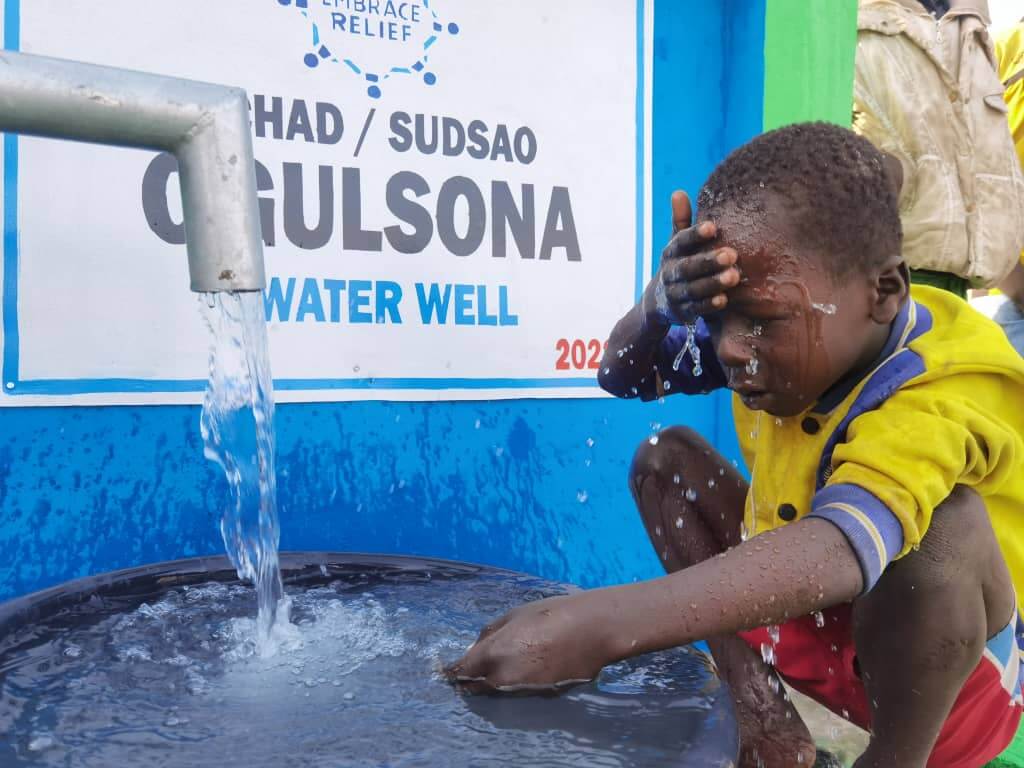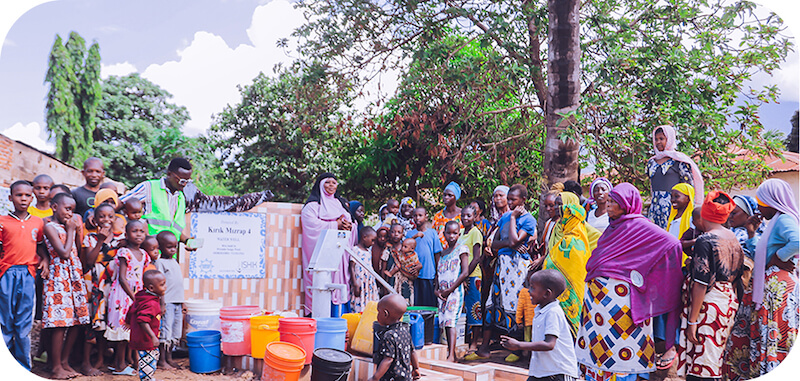
The Clean Water Crisis: Facts You Should Know
Access to clean water is a crucial issue for people all over the world. According to the United Nations (UN), over 2 billion people worldwide lack access to safe drinking water, leading to numerous health and socio-economic challenges. Here are some of the most important facts and statistics that highlight the extent of the access to clean water crisis:
- Impact on billions of people: A UN estimate shows that nearly 4 billion people, more than half of the world’s population, experiences extreme water scarcity for at least one month out of the year. Many millions live in parts of the world like sub-Saharan Africa, where fresh water is plentiful, but unable to be accessed, leading people to rely on unprotected rivers, lakes, and watering holes. These people face high risk of waterborne diseases, which can have serious health implications.
- Women and children: Women and children are often responsible for collecting water, which can take hours out of their day and keep them from pursuing education or other activities. The UN estimates that 200 million hours per day are spent collecting water. In addition, children are particularly vulnerable to water-borne diseases and malnutrition, which can have long-term consequences for their health and development.
- Economic development: It is estimated that the water crisis costs the global economy billions of dollars every year, due to the costs of illness, lost productivity, and decreased agricultural yields.
- Health: Access to clean water is essential for good health, and poor water quality can lead to serious illnesses such as diarrhea, cholera, and other waterborne diseases. It is estimated that over 800,000 people die every year due to these preventable illnesses.
- Rural communities: Rural communities often lack access to clean water and basic sanitation facilities. This means that people living in rural areas, especially in sub-Saharan Africa, are more likely to suffer from water-borne diseases, and their health and well-being is compromised.
In conclusion, access to clean water is a crucial issue for people all over the world, and these facts highlight the significant impact that the lack of access to safe drinking water can have on health, economic development, and overall well-being. Addressing the clean water crisis will require sustained investment in water and sanitation infrastructure, as well as efforts to improve water management and governance.
Help Embrace Relief end the Clean Water Crisis in Africa
For the last decade, Embrace Relief has been working hard to build exactly this kind of infrastructure in Africa. Through our Clean Water Initiative and Fountains of Hope project, and thanks to the support of donors like you, we have been able to construct or rebuild more than 760 water wells across sub-Saharan Africa, including in Chad, Cameroon, Nigeria, Kenya, Tanzania and Uganda. These wells are currently providing life-giving clean drinking water to more than 760,000 people, and will continue to do so thanks to Embrace Relief’s guarantee to never abandon our wells. Read all about Embrace Relief’s water wells by clicking here.
Donate today to Embrace Relief’s Clean Water Initiative or Fountains of Hope project and you can help us move one step closer to solving the clean water crisis in Africa. Your donation would be one small gift that will impact thousands of people for years to come.
Donate For Clean Water Ramadan 2025
Embrace Relief's aims to build 15 water wells during the holy month, providing communities with the safe drinking water they need.






















